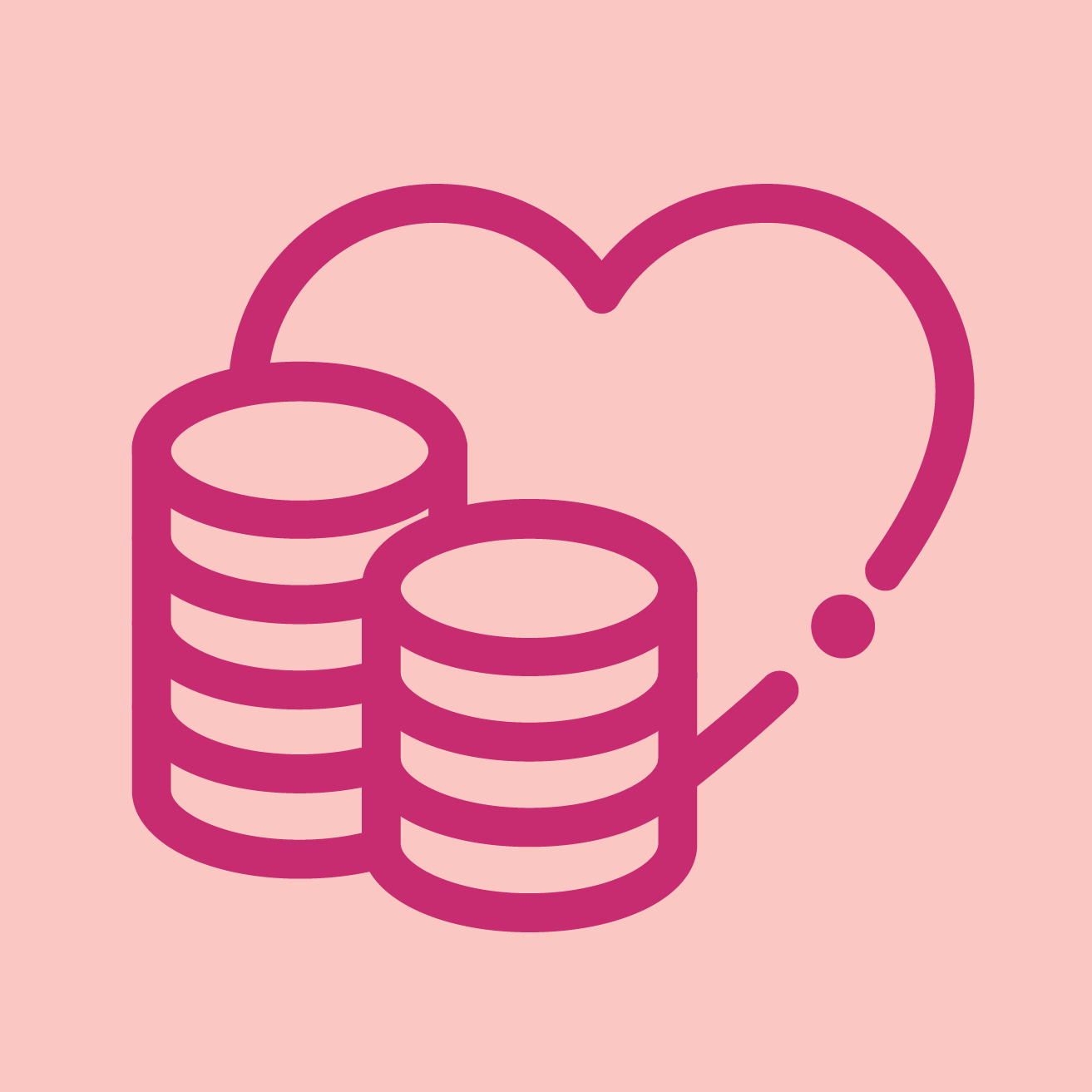Your read progress
4 tips to help you manage debt in a recession by Clare Seal
5 minute read
Updated 17th September 2025 | Published 23rd December 2022

We asked Clare Seal, financial coach, creator of the My Frugal Year Instagram account, and author of Real Life Money, The Real Life Money Journal and Five Steps to Financial Wellbeing to take over our blog to answer the common questions people have surrounding debt during a recession.

The headlines about our bleak economic prospects in the U.K. have been rife of late, with interest rate hikes, soaring living costs and company collapses dominating newspaper columns - but what does a recession really mean for you and your money, on a personal level? It’s easy to get swept up in the doom and gloom, but one of the best ways to stay positive and retain a feeling of control amid turbulent economic times is to look at what you have the power to do in your own everyday financial life, rather than focussing on the wider circumstances. Here are 4 practical tips to help you manage your money if you have debt to pay off during a recession.
Should I pay off debt or save money?
This really depends on a few different things, but the type of debt you have and the interest rate you’re being charged are two major factors. Any HMRC or council tax debt must be prioritised over and above all else, because the consequences of not paying can be severe - including custodial sentences in extreme cases. Consumer debt, like credit cards, personal loans and finance are lower priority, but it may still be worth using any disposable income to chip away at debt that has a high APR, because you will be paying far more in interest on your debt than you could possibly earn as interest on your savings. Compare the best rate that you can get on your savings with the highest rate of interest on your debt, and this will give you an indication of what could be the best decisions.
Another thing to take into account, though, is your peace of mind. If your debt is causing you stress and worry, it could be that you will benefit more from having paid it off, while if a lack of financial safety net is making you anxious, it might be wise to build a small emergency fund before concentrating on clearing your debt.
How should I decide what debt to pay off first?
As previously mentioned, there are a couple of types of debt that should be prioritised over and above all else, but if consumer debt is your only liability, there are a couple of methods for prioritising your debt that work really well. The method that you choose should depend on what motivates you and what kind of process you respond well to - do think carefully about what’s right for you before making your plan.
The ‘avalanche’ or interest-first method involves listing your debts in order from highest APR to lowest, and prioritising clearing them in this order. You make minimum repayments on all debts, but put the rest of your disposable income towards paying off the debt with the highest APR. Once this debt is paid in full, you reallocate that monthly payment to the debt with the next highest APR, and so on until you’ve cleared your debts entirely. This method means that you will pay the least amount of interest overall, and will clear your debts marginally quicker than any other way.
The ‘snowball’ or balance-first method works in the same way, but your debts are listed from smallest balance to largest. The same process applies: making minimum payments on everything, but prioritising the account with the smallest balance for any extra spare cash, then following the same steps until you clear everything. This can be great for those who struggle with motivation, or those looking to streamline and uncomplicate their financial burdens, because you are able to clear those first accounts relatively quickly and get them closed.
What does it mean to 'consolidate debt’?
Consolidating debt means taking out a loan - or adding to an existing loan - in order to have all of your debt in one place, streamline what you owe and have one debt account to manage, rather than several. This also means one monthly payment, rather than lots of individual payments pinging out of your account at different times of the month, so it can make repaying your debt easier to manage. This can be really helpful if you have multiple credit cards that you can’t seem to clear, or you’re missing payments because the admin is getting on top of you. If you apply for a loan to consolidate existing debts, you will need to consider the new interest rate vs the rate on your existing accounts, and also how it could affect your credit score if you’re needing to apply for any other credit - like a mortgage - in the near future.
It’s also important to make sure that, if you do choose to consolidate your debt, that you close or at least stop using any credit cards you’re clearing with the loan. You don’t want to fall into the trap of consolidating your debt only to run up high balances on your cards again - this will just lead to more debt and the payments could become unmanageable.
Where can I get help with debt?
Even when your debt feels all-consuming, there is always somewhere you can turn to get help with managing it. As a first step, you might consider contacting your lenders to see if there’s anything they can do to help. They might be able to offer you a better interest rate, or another goodwill gesture, that could help you to make a dent in what you owe.
If this isn’t an option, debt charities like StepChange, Christians Against Poverty and National Debtline exist to help you. You can talk to a qualified debt advisor on the phone, or sometimes even via webchat, and they can help you to understand your options. There’s no judgement and advisors speak to people needing help with debt all day every day. You’re not alone.
We hope you find these tips useful. For more tips on reducing debt and managing your money, head over to Clare’s website or find her on Instagram or Twitter.
You can also find more money tips on the Smart Money People social media channels:
This blog is intended to provide guidance on debt rather than specific advice. Those in need of debt advice are advised to contact a debt management organisation for further help. Click here to read our blog that lists what support is available if you need it.
Written by Guest author
As Featured By
Join our mission
We use the power of consumer reviews to help increase trust and transparency in financial services and to deliver industry leading insight and events.
Write a reviewExplore our other topics

News: Awards

News: Industry news

News: Smart Money People news

Guides: Smart money guides

Guides: Smart money tips







.png)


